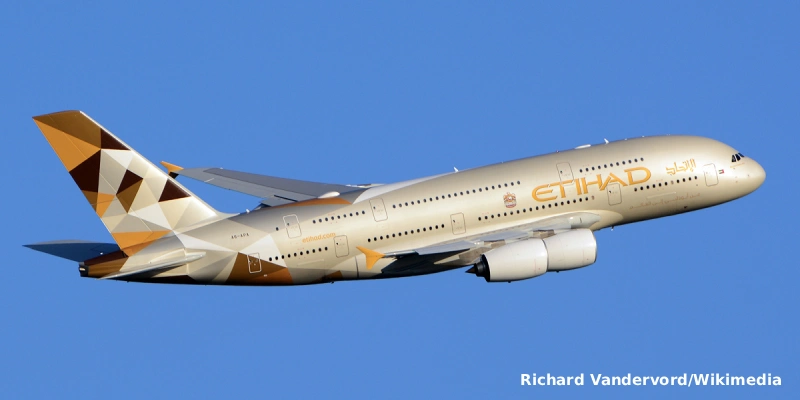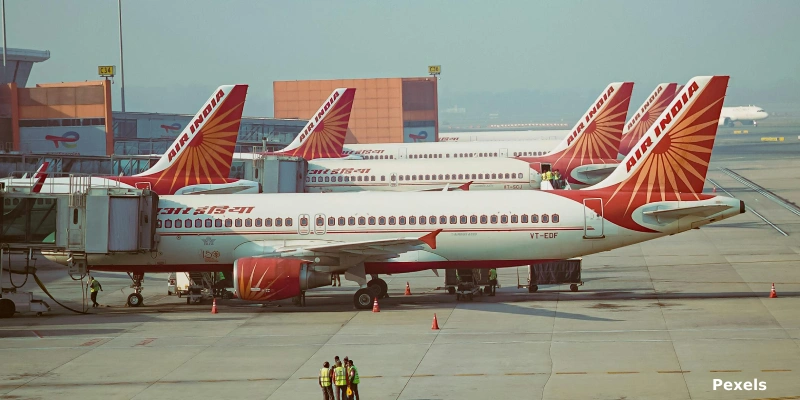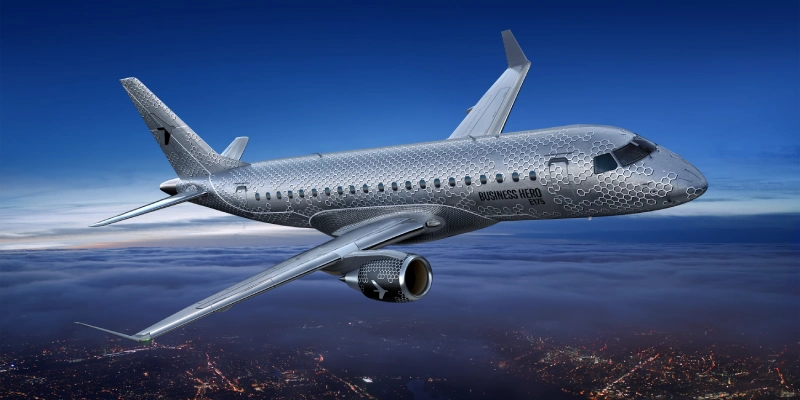The low-cost airline Wizz Air is facing turbulent times. On Thursday, the company reported a 61.7% decline in its annual operating profit, causing its shares to plummet by 23% on the London Stock Exchange.
37 Aircraft Grounded and Engines Under Inspection
The main blow to Wizz Air’s operations stems from issues with Pratt & Whitney engines, owned by RTX. As of May 9, the airline had 37 aircraft grounded, with 34 expected to remain out of service until the first half of fiscal year 2026. The engine repair process could take up to 300 days per unit.
Jozsef Varadi, the company’s CEO, told Reuters: “You look at the performance of the supply chain and the industry, and there are cracks everywhere.” He added that the impact of these problems could extend for another two to three years.
Demand Fails to Offset Operational Constraints
Although post-COVID demand remains strong, operational restrictions prevent Wizz Air from capitalizing on this recovery. According to Varadi, the airline has already spent over a year operating under these “unique” conditions, which limit its ability to increase flights and, consequently, revenue.
For the fiscal year ending March 31, the operating profit was €167.5 million, far below the €246 million projected by analysts polled by LSEG. In terms of market capitalization, shares fell to 1,227 pence by 09:10 GMT, marking a 48% year-on-year decline.
→ Wizz Air Takes Delivery of World’s First Airbus A321XLR with Pratt & Whitney Engines
Ripple Effect Across the Industry
Wizz Air’s poor performance also shook other European airlines. Shares of Lufthansa, easyJet, and IAG (owner of British Airways and Iberia) fell between 1.5% and 2.7% on the same day.
Trade tensions, particularly linked to tariff threats from former U.S. President Donald Trump, and persistent delays in aircraft deliveries continue to sow uncertainty in the sector.
Uncertain Projections and Reduced Fleet
Wizz Air chose not to provide financial forecasts for fiscal year 2026, citing “limited visibility.” Additionally, its Airbus delivery schedule has been delayed, which will directly impact its expansion plans.
The fleet, which currently consists of 231 aircraft, will grow to 305 units by March 2028. This represents a significant reduction compared to the previous projection of 380 aircraft. Compounding this is the planned retirement of A320ceo models, which will entail new short-term operational costs.
Lower Prices and Revenue Pressure
Although the airline has benefited from lower fuel prices, ticket revenues have experienced a slight contraction compared to the previous year. This combination of rising costs and lower fares could further squeeze margins.
With operations in Hungary, the UK, Abu Dhabi, and Malta, Wizz Air faces one of its biggest challenges since its inception. The key will lie in how it manages its resources and negotiates its position in a market that demands agility—but also resilience.
Related Topics
Etihad to Deploy Airbus A380 to Bangkok for First Time: Increased Capacity and Thailand Debut of “The Residence”
Air India Records Highest Rate of Technical Incidents in 14 Months During January
Embraer and Adani Defence & Aerospace Elevate Alliance: Agreement for an E175 Final Assembly Line in India
Lufthansa Group and Air India Sign MoU for Joint Business Agreement Following EU-India Free Trade Deal

Plataforma Informativa de Aviación Comercial con 13 años de trayectoria.




